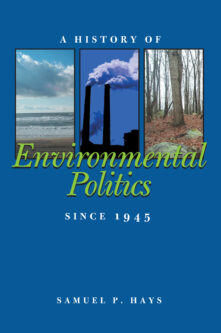Books
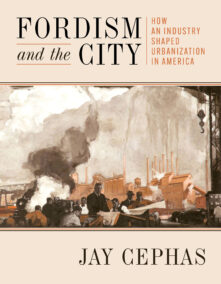
Fordism and the City
How an Industry Shaped Urbanization in America

Paris After Haussmann
Living with Infrastructure in the City of Light, 1870–1914
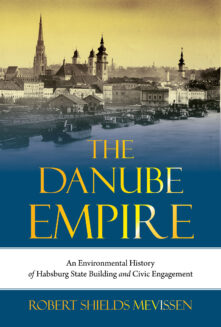
The Danube Empire
An Environmental History of Habsburg State Building and Civic Engagement
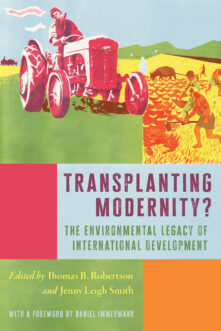
Transplanting Modernity?
New Histories of Poverty, Development, and Environment
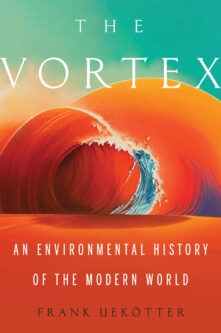
The Vortex
An Environmental History of the Modern World
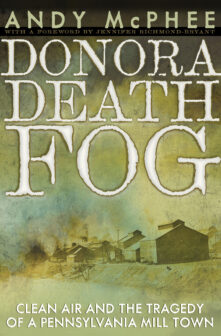
Donora Death Fog
Clean Air and the Tragedy of a Pennsylvania Mill Town
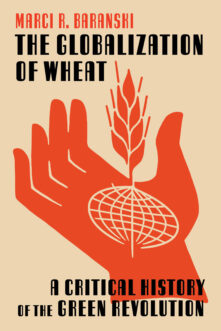
The Globalization of Wheat
A Critical History of the Green Revolution
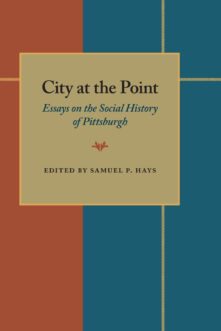
City At The Point
Essays on the Social History of Pittsburgh
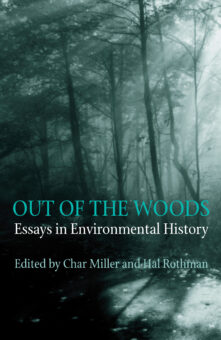
Out Of The Woods
Essays in Environmental History
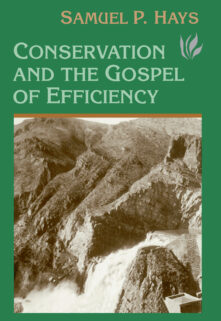
Conservation And The Gospel Of Efficiency
The Progressive Conservation Movement, 1890–1920
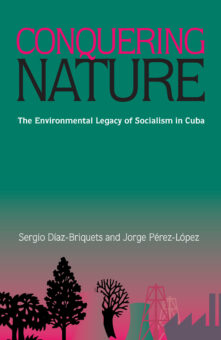
Conquering Nature
The Enviromental Legacy of Socialism in Cuba
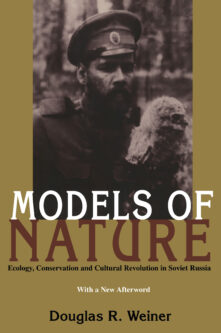
Models Of Nature
Ecology, Conservation, and Cultural Revolution in Soviet Russia
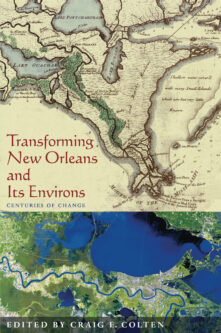
Transforming New Orleans and Its Environs
Centuries of Change
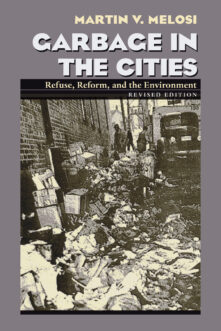
Garbage In The Cities
Refuse Reform and the Environment
Total 31 results found.


